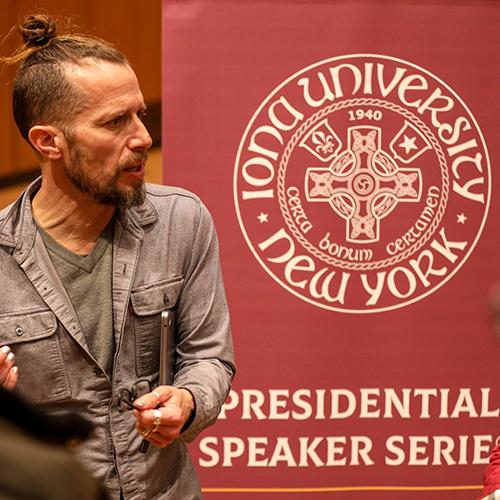Sexual Misconduct/Title IX
In accordance with the Violence Against Women Act and in compliance with Title IX, Iona University is committed to promoting a safe learning environment where students, faculty, staff and administrators work collaboratively to foster intellectual inquiry, community engagement and an appreciation for diversity and respect. Iona University will provide nonjudgmental and appropriate support services for any sexual assault survivor regardless of gender, age, race, ethnicity, ability, or sexual orientation — whether or not the survivor chooses to report the crime.
All students have the right to:
- Make a report to local law enforcement and/or state police.
- Have disclosures of domestic violence, dating violence, harassment, stalking, sexual exploitation, sexual assault, and retaliation treated seriously.
- Make a decision about whether or not to disclose a crime or violation and participate in the University sexual misconduct process and/or criminal justice process free from pressure by the University.
- Participate in a process that is fair, impartial, and provides adequate notice and a meaningful opportunity to be heard.
- Be treated with dignity and to receive from the University courteous, fair, and respectful health care and counseling services, where available.
- Be free from any suggestion that the Complainant is at fault when these crimes and violations are committed, or should have acted in a different manner to avoid such crimes or violations.
- Describe the incident to as few University representatives as practicable and not be required to unnecessarily repeat a description of the incident.
- Be protected from retaliation by the University, any student, the accused and/or the Respondent, and/or their friends, family, and acquaintances within the jurisdiction of the University.
- Access to at least one level of appeal of a determination.
- Be accompanied by an advisor of choice who may assist and advise a Complainant, accused, or Respondent through the judicial or conduct process included during all meetings and hearings related to such process.
- Exercise civil rights and practice of religion without interference by the investigative, criminal justice or judicial or conduct process of the University.


